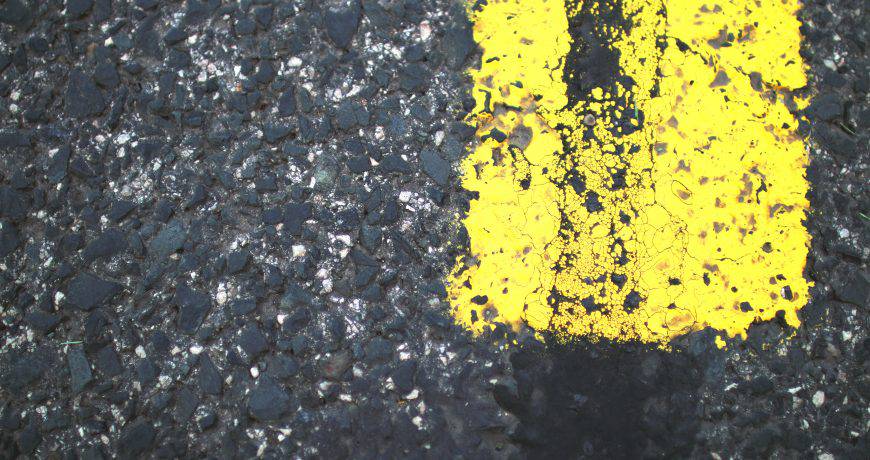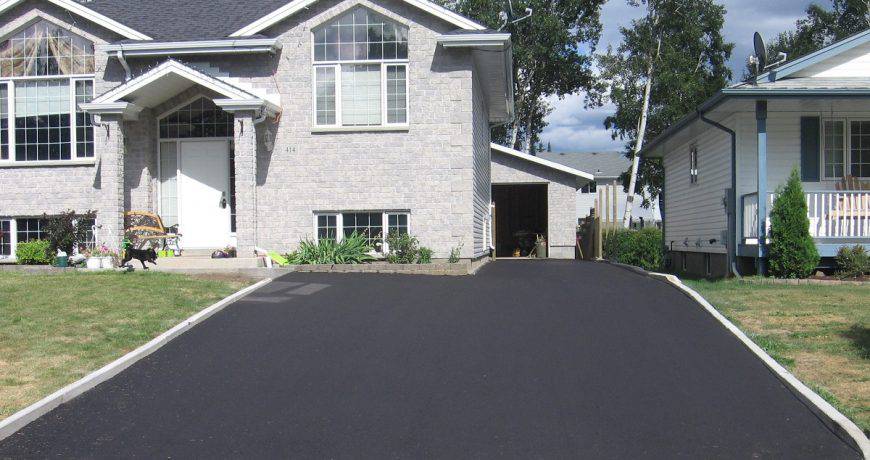Asphalt Laying
Commercial and Residential Asphalt Paving Company in Montreal
Pavé IMH is a Montreal paving company recognized for providing professional, top-quality residential and commercial asphalt paving services. With more than a decade of experience, our asphalt paving services can be adapted to every terrain and surface. We are committed to performing precise excavation and careful gravel compaction to maximize asphalt longevity.
All our asphalt paving projects are completed with meticulous attention to detail, from new entrances to parking lots. We favor top-of-the-range materials such as crushed stone and geotextile membrane for extended durability, especially important when paving on top of clay soils. Our team verifies that each layer is perfectly compacted, frost-resistant, and the right thickness to guarantee a long-lasting, attractive-looking finish.
Contact us now to learn more about our asphalt paving services or to request a free estimate. Pavé IMH is committed to delivering top quality asphalt paving, excavation and drainage solutions that will last.
Our professional asphalt-laying process
1. Determine soil type and excavate
- NDetermine the soil type to accurately plan what type of excavation will be needed
- NExcavate to a depth of 30 to 40 cm, depending on the type of soil.
The soil in the Greater Montreal area where we work is generally made up of clay, sand, humus and limestone.

- NEB-5: asphalt sieved to 5 mm, used for fine corrections. These types of asphalt are only a tiny fraction of those available, as the manufacturing formulas vary widely.
3. Creating the base
A solid base is crucial to making asphalt paving last a long time. We use quality materials such as mg20 or 0-3/4″ crushed stone to create a sturdy base.
If you are installing a paving other than asphalt, you’ll need a top layer of sand or stone screenings, and a geotextile membrane.

2. Determine the appropriate type and grade of asphalt
Asphalt is made of bitumen, aggregates and fine sand. Available types of asphalt include:
- NEB-20: asphalt mix sieved to 20 mm, used as a base layer
- NEB-14: asphalt mix with rocks sieved to 14 mm, used as a base or intermediate layer
- NEB-10s: asphalt mix with rocks sieved to 10 mm, used as a surface layer
- NEB-10c: enriched asphalt mix with rocks sieved to 10 mm, used as a surface or correction layer
4. Installing water drainage slopes
We’ll assess where to install water drainage slopes to prevent water accumulation and to protect your pavement.
Strategically-installed water drainage slopes are essential for all asphalt paving projects.
Choose Pavé IMH for your asphalt paving project

At Pavé IMH, our asphalt paving expertise covers a wide range of projects, from residential driveways to commercial parking lots. We take a unique approach to each new project, and will adjust our asphalt paving services to meet your specific needs.
Explore our completed asphalt paving projects and feel free to request a free estimate. Contact us today to discuss your project with our team of paving professionals.
